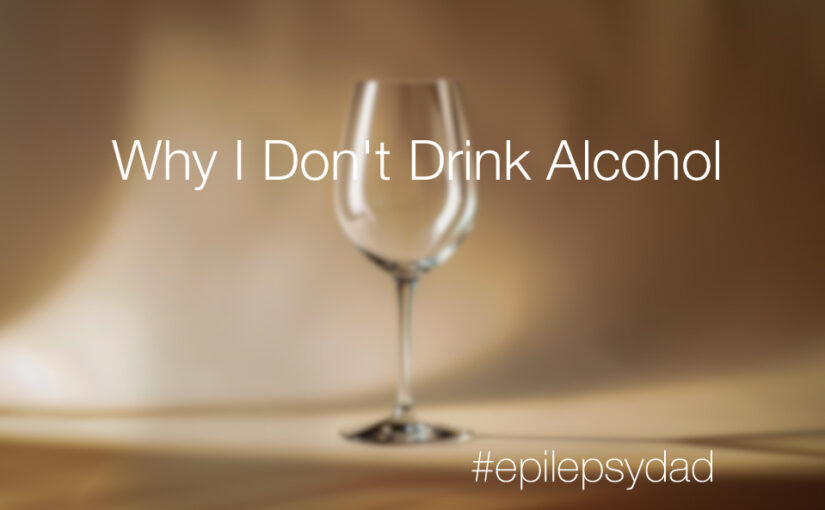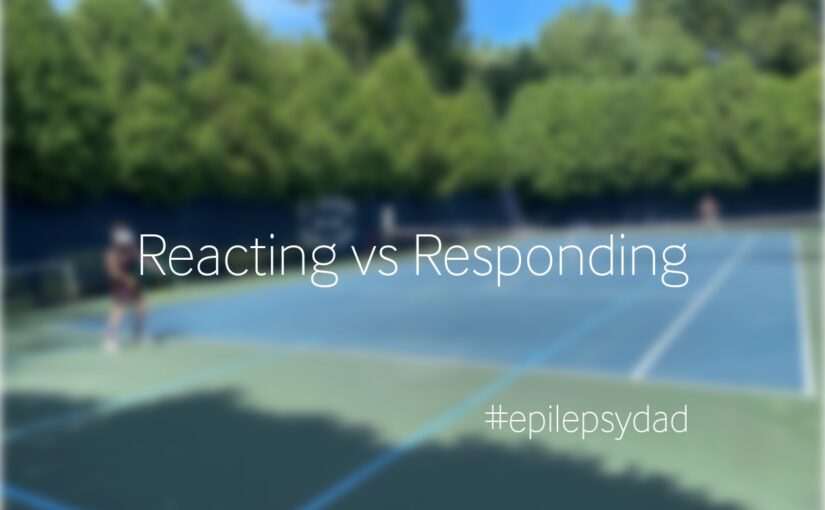I think, as parents, we all have ideas of doing better than our parents did.
We want to pass along what we think our good qualities are to our children and not project our bad qualities on them.
I have a hard time accepting compliments. I don’t let them in. I minimize their effect on me by deflecting. I smile, but I filter them. I minimize them by deflecting credit. Or by telling myself that the person is wrong. I know the other person is wrong. They don’t know all the details. If they did, they wouldn’t have complimented me. I punish myself with the words. Pride is a sin.
I shrink when someone compliments me. My son grows. When we praise him, I see him get bigger. I see him smile. He likes for me to tell other people the story of him doing something well, a good choice he made on the baseball field, or something cool he did playing Fortnite.
I’ve been trying to follow my son’s lead and let compliments in. My therapist suggested, rather than trying to convince the complimenter why they are wrong (even if I only do it in my head), I instead respond with “Thank you. That’s true.”
At first, I practiced with my wife, and the words were coated with so much sarcasm that they were unrecognizable. The words were fighting so many years of programming that I needed to cover them with something to get them through. It was like dipping broccoli in cheese to get a child to eat healthy food.
Compliments are my broccoli. Sarcasm is my cheese.

While it’s a fine way to start, the hope is that eventually, the child doesn’t mind or may even like the taste of broccoli. I’m at the stage where I don’t need as much cheese, but it’s not no cheese. The positive messaging is taking over the negative programming that has controlled my reactions for most of my life, and it’s showing up in my relationship with my family and myself.
My therapist noticed the change and complimented my progress. So has my wife.
Maybe I’ll try to take the compliment.
Thank you. That’s true.


